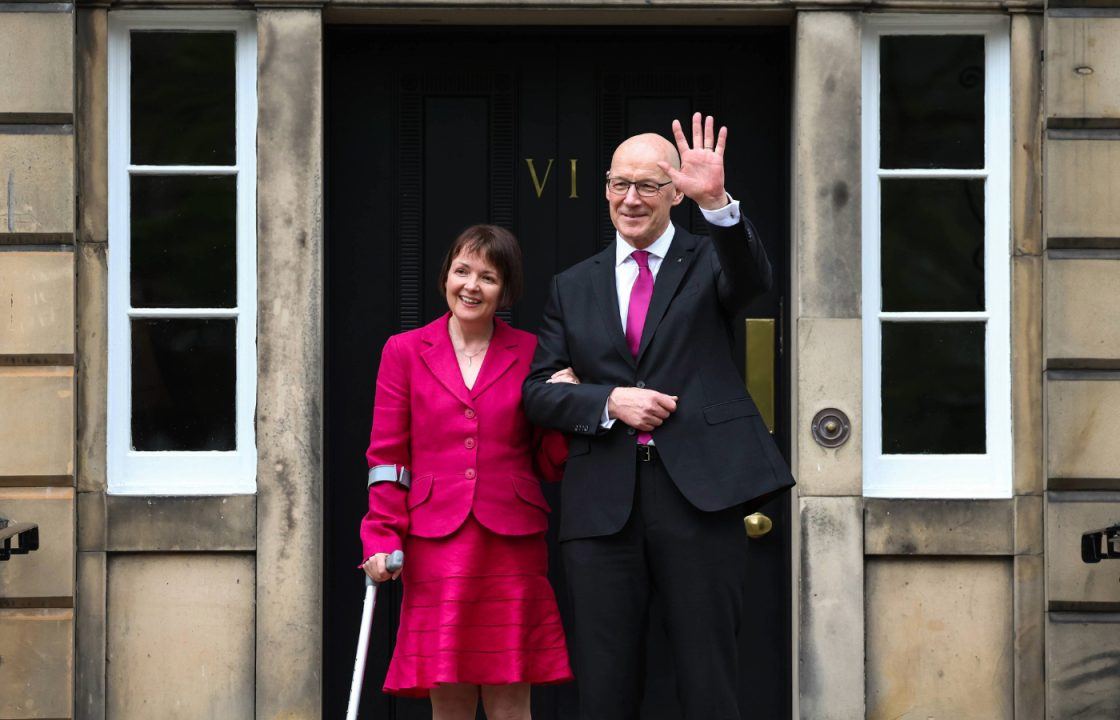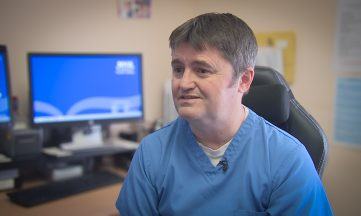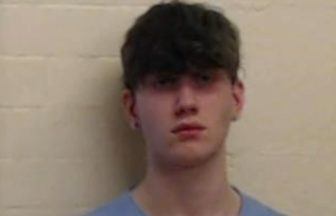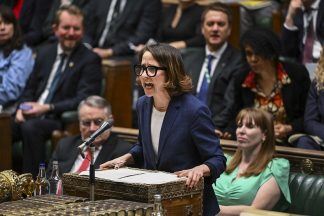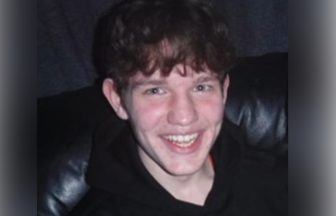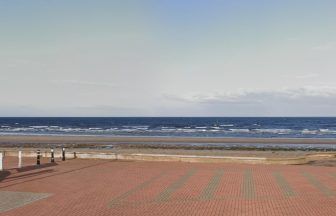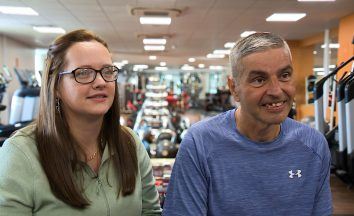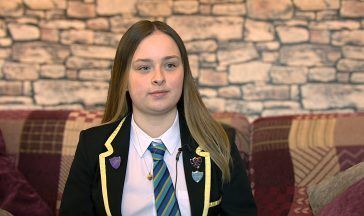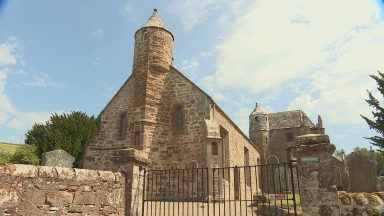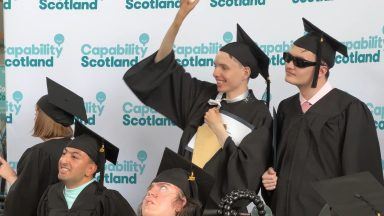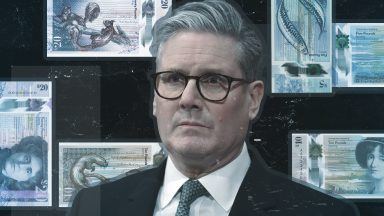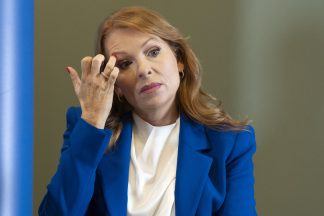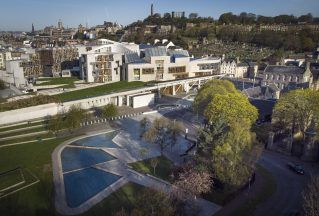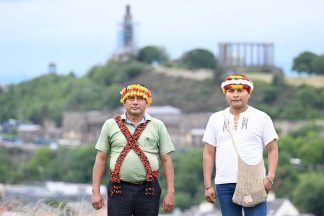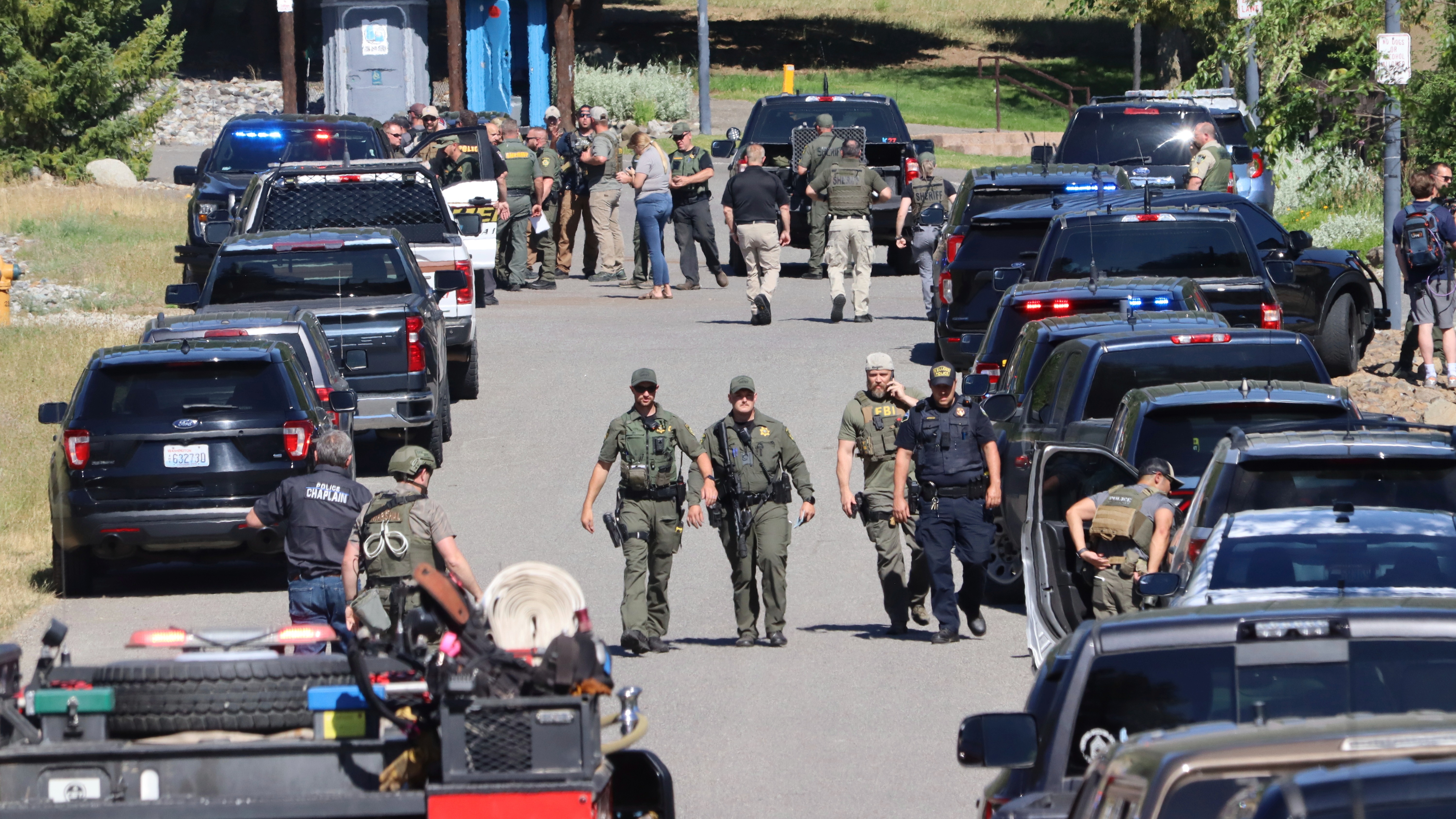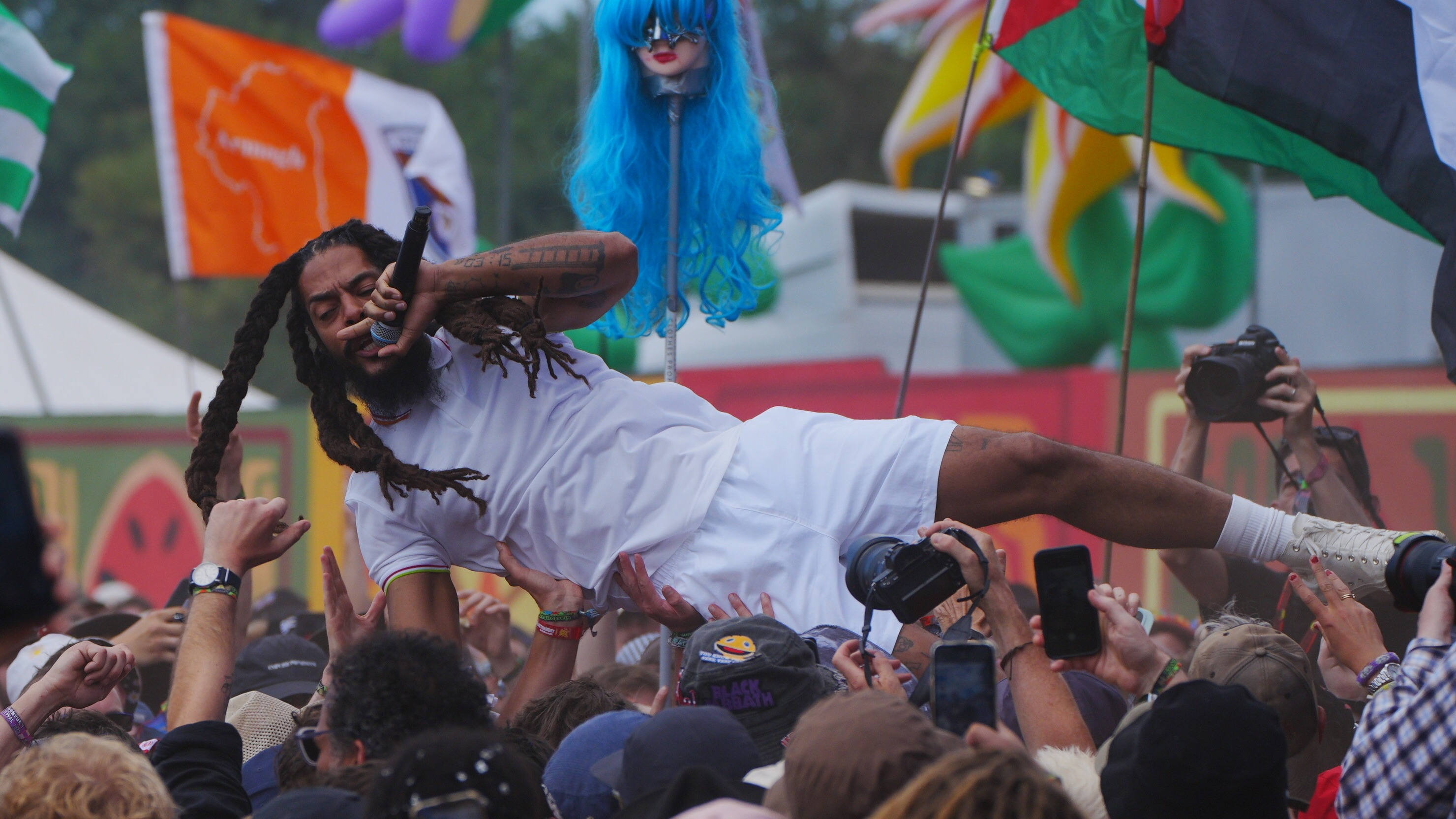Key Points
-
 John Swinney voted in by the Scottish Parliament as Scottish First Minister
John Swinney voted in by the Scottish Parliament as Scottish First Minister -
 He succeeds Humza Yousaf as the seventh person to take on the top job
He succeeds Humza Yousaf as the seventh person to take on the top job -
 The SNP leader has pledged to focus on the economy, jobs and the cost of living crisis
The SNP leader has pledged to focus on the economy, jobs and the cost of living crisis -
 He said he will unite the SNP for Scottish independence and bring the party to the ‘moderate, centre-left’ of politics
He said he will unite the SNP for Scottish independence and bring the party to the ‘moderate, centre-left’ of politics -
 Scottish Greens abstained on vote meaning Swinney had enough SNP MSPs for a simple majority in Parliament
Scottish Greens abstained on vote meaning Swinney had enough SNP MSPs for a simple majority in Parliament
John Swinney has become Scotland’s seventh First Minister after being voted in by MSPs at the Scottish Parliament.
The former finance secretary succeeds Humza Yousaf in the top job after he resigned from the role last week.
He became leader of the Scottish National Party on Monday after running unopposed.
He is expected to announce his Cabinet soon.
The Scottish Greens abstained from the vote, giving Swinney a simple majority for him to become First Minister.
Swinney won the backing of 64 MSPs, with his nearest rival Scottish Conservatives leader Douglas Ross picking up 31.
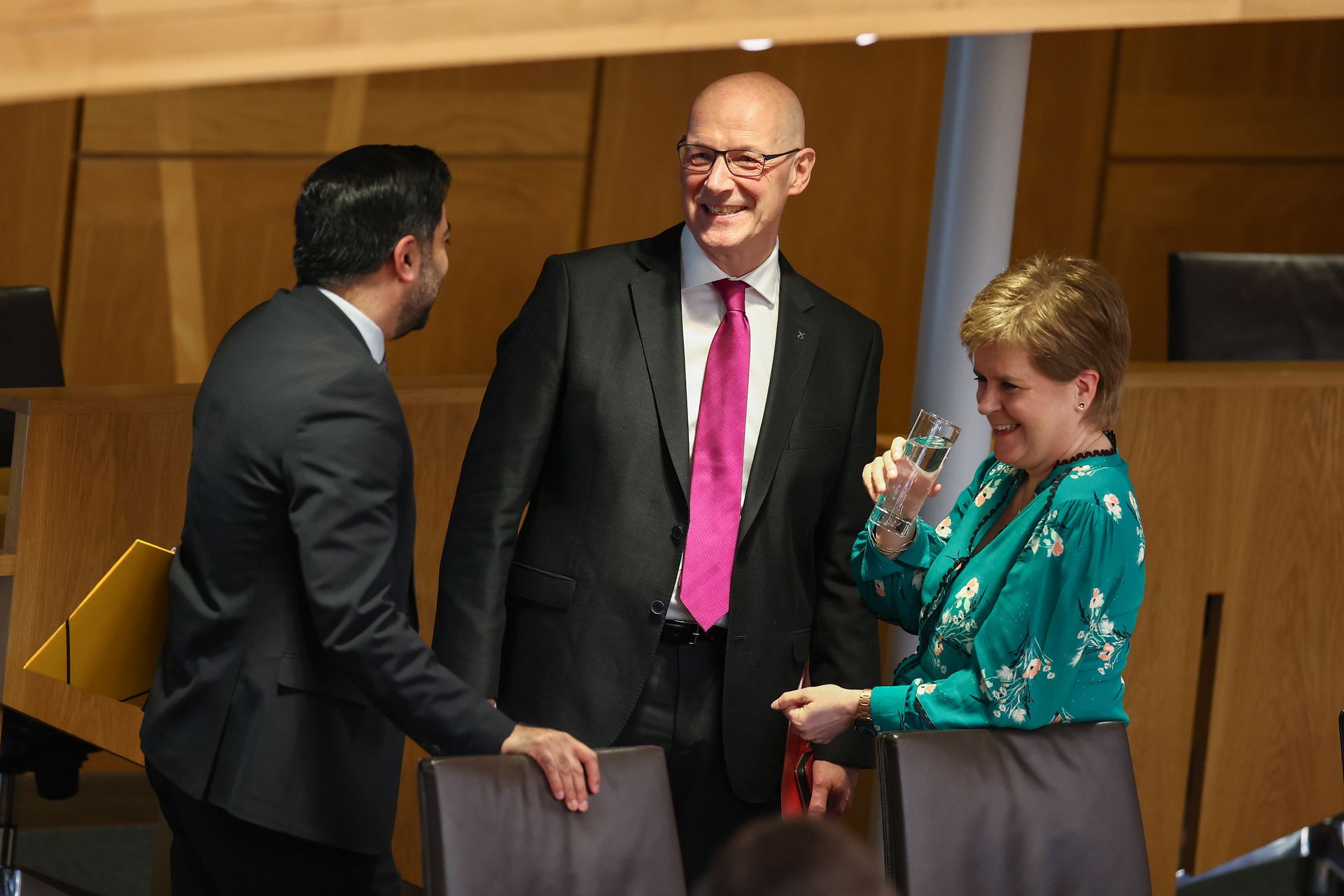 Getty Images
Getty ImagesHe has said it is an “extraordinary privilege” to accept the office of First Minister.
Following the vote, Swinney spoke about his wife’s multiple sclerosis and the impact it has had on his family.
He offered his “eternal gratitude” to his wife Elizabeth for the “sacrifices she is prepared to make to enable her husband to serve our country as First Minister”.
He told the Scottish Parliament: “Members will know that my wife Elizabeth has multiple sclerosis.
“She is indefatigable in trying to make sure that MS does not get in the way of her living life to the full. But much to her frustration, she does often have to rely on her husband for support and assistance.
“I could not just commit myself to become First Minister without being able to properly work out with my family how we would be able to manage as a family.”
Swinney also paid tribute to his predecessor, saying: “I’m proud that it was an SNP government that was led by the first woman first minister and then by the first Muslim first minister.
“I want to pay tribute to Humza Yousaf – a man of unfailing courtesy who served my party but also this parliament and country with distinction.”
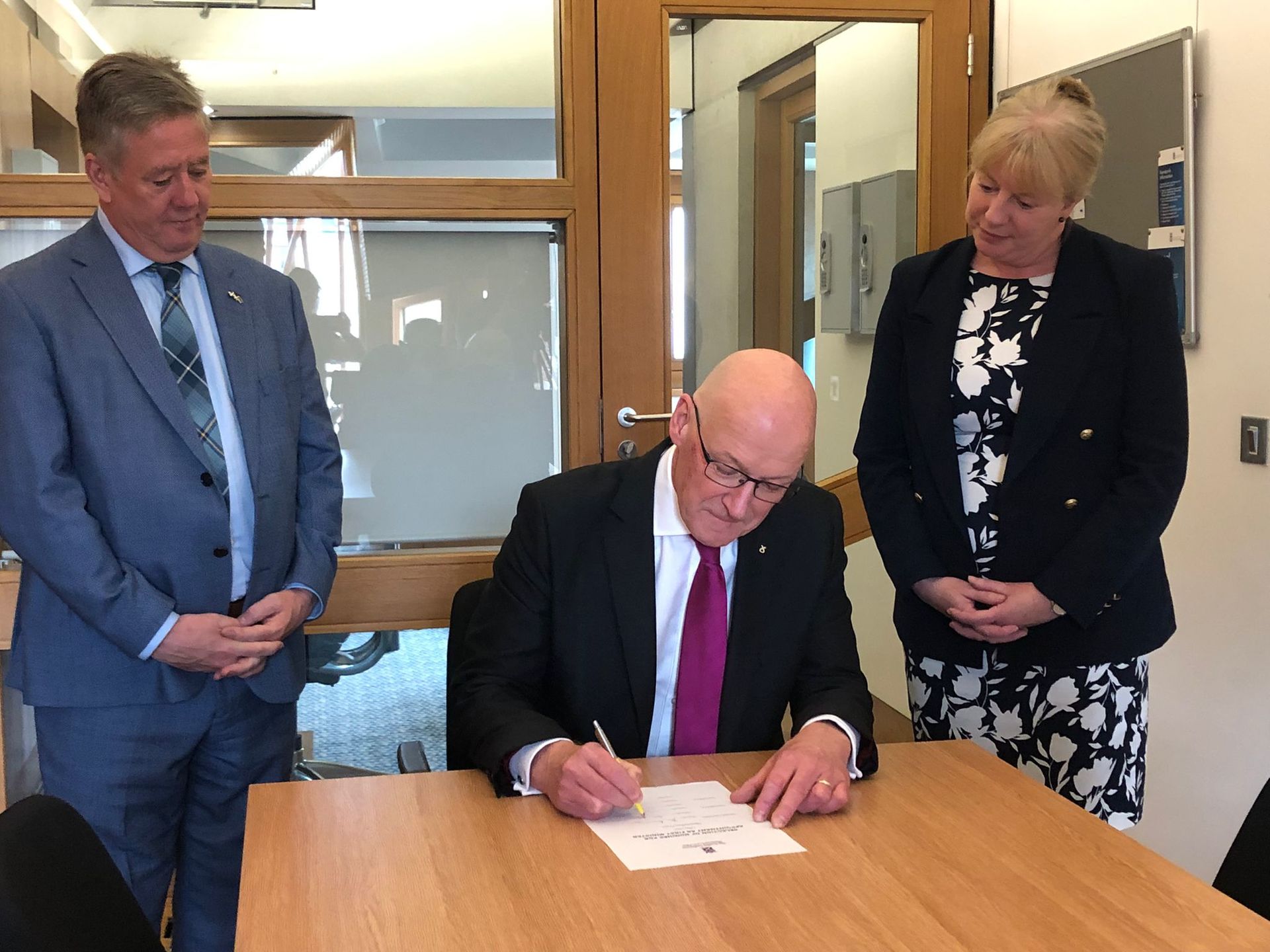 STV News
STV NewsDuring his campaign launch to become SNP leader on Monday Swinney pitched himself as a unifier who would engage with all sides of his party.
And on Tuesday in Holyrood, he said he would work with other parties too.
“I am leading a minority government,” he said. “I will need to reach out to others to make things happen to pass legislation to agree a budget.”
He said Parliament is “intensely polarised”, adding: “I accept my part in creating that environment, whether that is by shouting put-downs from the front bench or heckling from a sedentary position.
“I do promise Presiding Officer, that that will all stop. I have changed.”
Amid laughter in the chamber, he added: “Perhaps time will tell on that one.”
Concluding his speech at Holyrood, he said: “To the people of Scotland, I would say simply this: I offer myself to be the First Minister for everyone in Scotland.
“I am here to serve you. I will give everything I have to build the best future for our country.”
The veteran SNP politician pledged to bring his party back to the “moderate, centre-left” and said he would focus on the economy, jobs and the cost of living.
It’s his second term as SNP leader after taking on the job between 2000 and 2004.
He is the longest-serving SNP parliamentarian, having been elected to Holyrood since its opening in 1999.
He has been a senior government minister every year since the SNP came to power in 2007 until his resignation as deputy first minister alongside Nicola Sturgeon last year.
He was Alex Salmond’s finance secretary throughout his entire premiership and continued the role into Sturgeon’s time as first minister before becoming education secretary.
He is also the longest-serving deputy first minister in Scottish history with nine years in government alongside Sturgeon.
Swinney becomes SNP leader and First Minister at a difficult time for his party and Government.
Police Scotland’s investigation into SNP’s funding and finances is ongoing, with the force charging former chief executive Peter Murrell – Sturgeon’s husband – with embezzlement of party funds last month.
Sturgeon and former treasurer Colin Beattie were arrested last year but released without charge, pending further investigations.
He also enters Bute House – the official residence of Scotland’s devolved leader – at a time when polling suggests the SNP could lose seats at the next election to Scottish Labour.
Swinney’s party has been declining in both Westminster and Holyrood polls. But he has promised to see his leadership through the next Scottish and UK ballots.
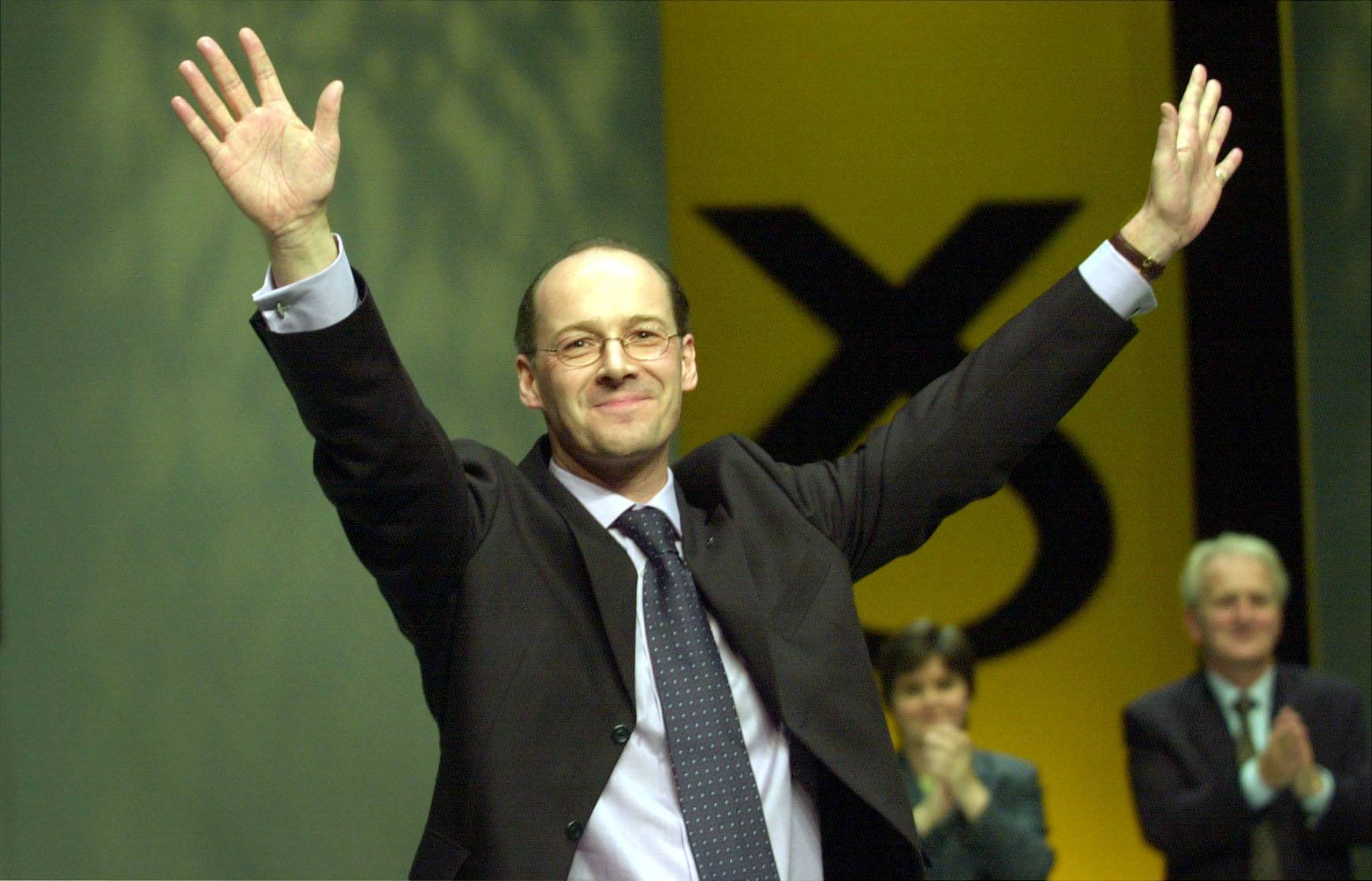 PA Media
PA MediaHe also faces the challenge of uniting a party that has become increasingly divided on independence strategy as well as some economic and social policies.
Swinney has said he will seek to unify his party saying that he would lead from the centre-left, with a focus on economic growth, but added that social justice – namely child poverty – will be a key part of his tenure in government.
He has promised to bring former leadership contender Kate Forbes – considered to be on the right of the SNP – into his government with a “significant” position in the Cabinet.
Scottish Secretary Alister Jack congratulated Swinney on his election, as he urged the new first minister to “prioritise the issues that really matter to people in Scotland, like improving failing public services and growing our economy”.
Jack added: “I want him to work constructively with the UK Government on our joint projects to boost Scotland’s prosperity – including freeports, city deals and investment zones.
“Most of all, I hope that Mr Swinney will govern for the whole of Scotland. He needs to put aside his obsession with independence, and concentrate on contributing to a thriving Scotland within a strong United Kingdom.”
Follow STV News on WhatsApp
Scan the QR code on your mobile device for all the latest news from around the country


